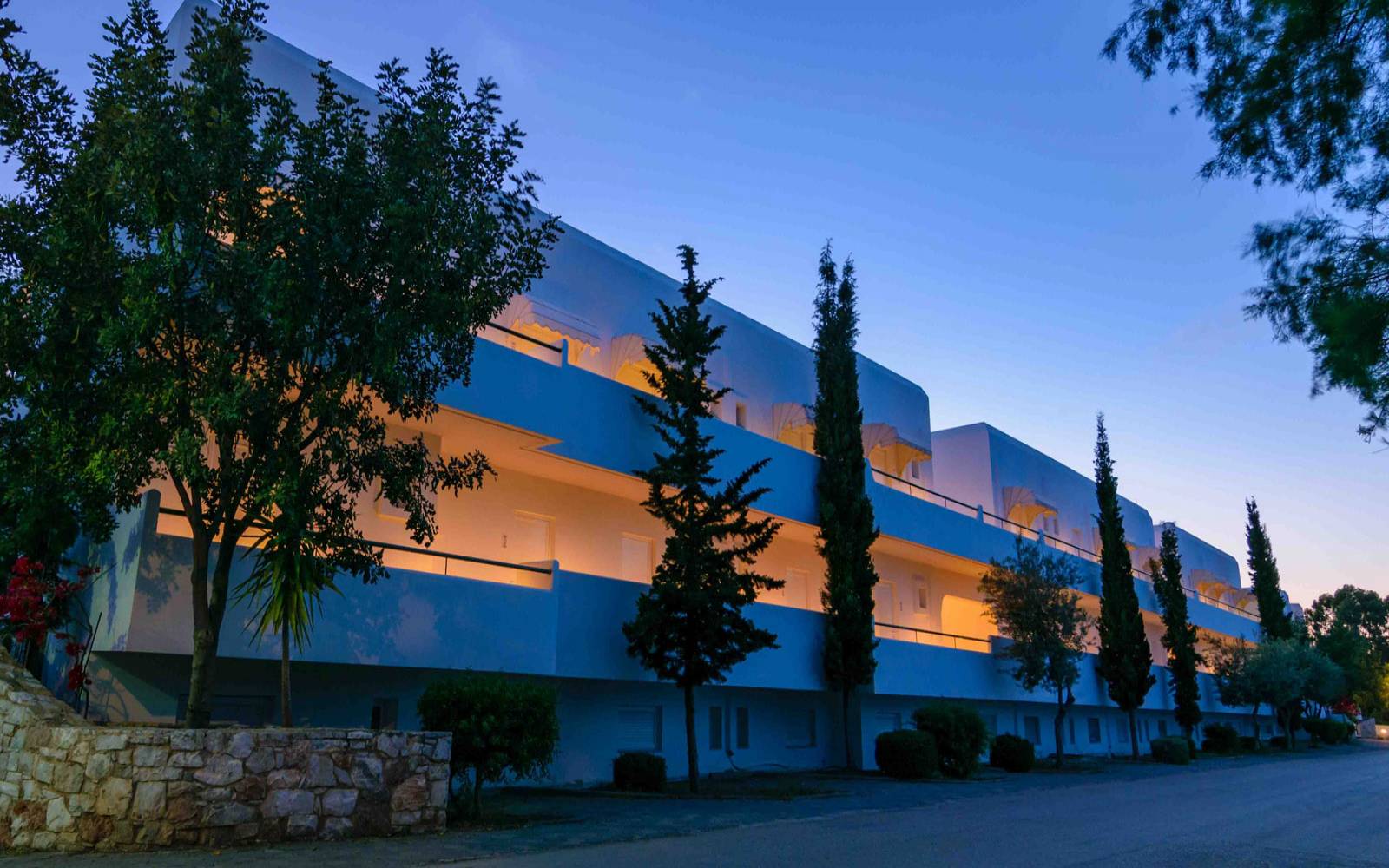Argos
To go to Argos from JUNIOR HOTEL you have to go through Nafplio, which is 13 km away. There are many sights at Argos, as the Acropolis Museum, Monastery and the Grand Bazaar which is done once a week.
Argos (Greek: Ἄργος, Árgos, [ˈarɣos]) is a city and a former municipality in Argolis, Peloponnese, Greece. Since the 2011 local government reform it is part of the municipality Argos-Mykines, of which it is a municipal unit.[1] It is 11 kilometres from Nafplion, which was its historic harbour. A settlement of great antiquity, Argos has been continuously inhabited for the past 7,000 years,[2] making it one of the oldest cities in Greece and Europe. The city is a member of the Most Ancient European Towns Network.[3] At a strategic location on the fertile plain of Argolis, Argos was a major stronghold during the Mycenaean era. In classical times Argos was a powerful rival of Sparta for dominance over the Peloponnese, but was eventually shunned by other Greek city-states after remaining neutral during the Greco-Persian Wars. Numerous ancient monuments can be found in the city today, the most famous of which is the renowned Heraion of Argos, though agriculture (particularly citrus production) is the mainstay of the local economy.
A Neolithic settlement was located near the central sanctuary of Argois, removed 45 stadia (8 km; 5 miles) from Argos, closer to Mycenae. The temple was dedicated to "Argivian Hera". The main festival of that temple was the Hekatombaia, one of the major festivals of Argos itself. Walter Burkert (Homo necans, p. 185) connected the festival to the myth of the slaying of Argus Panoptes by Hermes ("shimmering" or "quick"), and only secondarily associated with mythological Argus (or the toponym).
Argos was a major stronghold of Mycenaean times, and along with the neighbouring acropolis of Mycenae and Tiryns became a very early settlement because of its commanding positions in the midst of the fertile plain of Argolis.
During Homeric times it belonged to a follower of Agamemnon and gave its name to the surrounding district; the Argolid which the Romans knew as Argeia.
Argos experienced its greatest period of expansion and power under the energetic 7th century BC ruler King Pheidon. Under Pheidon Argos regained sway over the cities of the Argolid and challenged Sparta's dominance of the Peloponnese. The importance of Argos was eclipsed by Sparta after the 6th century BC.
Source: Wikipedia







